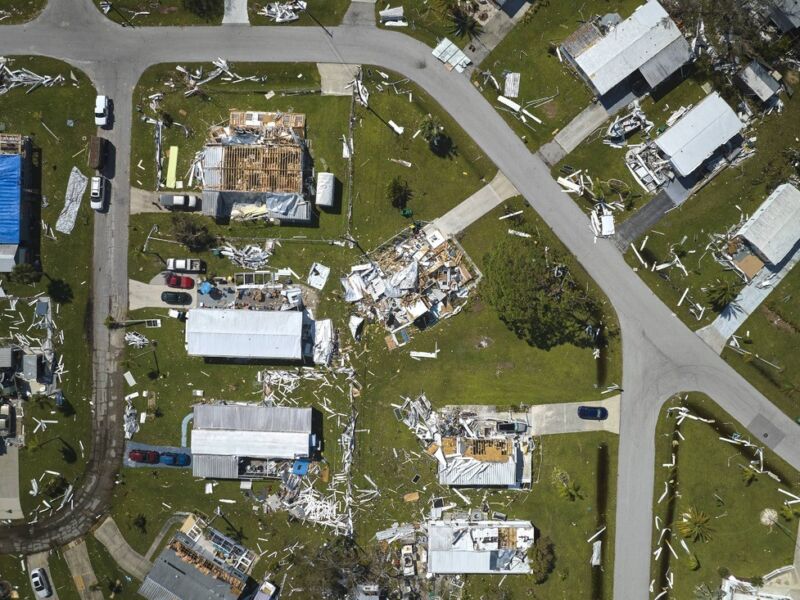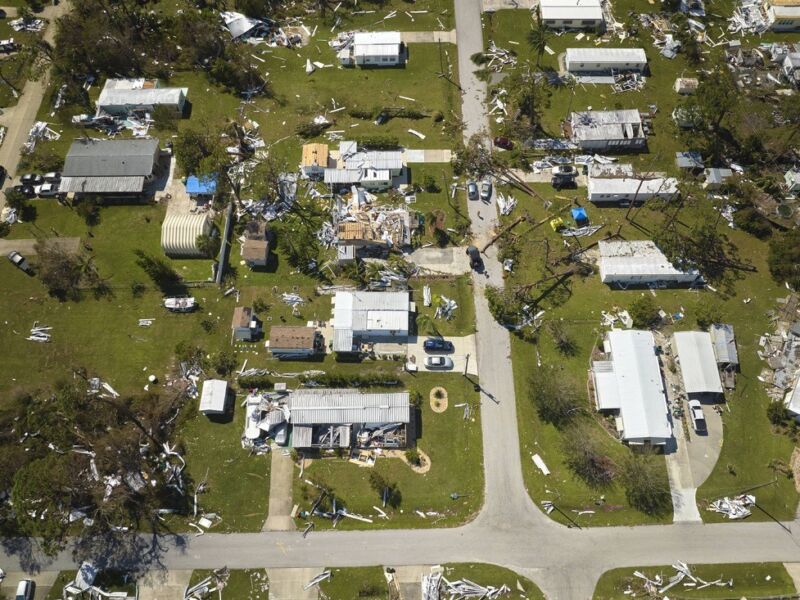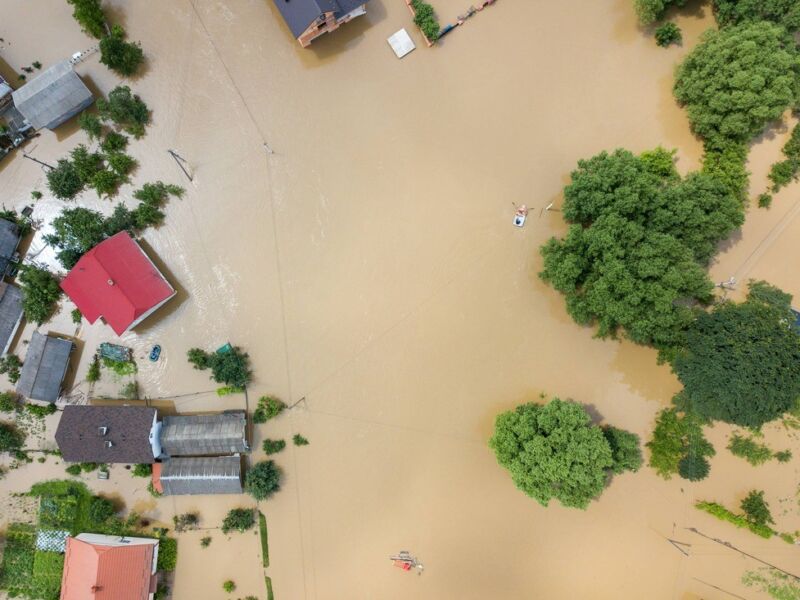
Hurricane Preparedness Tips – Protecting Your Home and Family
As hurricane season approaches, it’s crucial to be prepared and take the necessary steps to protect your home and ensure the safety of your family. Hurricanes can cause significant damage, including strong winds, heavy rainfall, and storm surge, resulting in flooding, structural damage, and power outages. By following these hurricane preparedness tips, you can minimize the impact of a hurricane and facilitate a faster recovery process.
Create an Emergency Plan

A comprehensive emergency plan is essential to ensure everyone in your household knows what to do in the event of a hurricane. This plan should include:
- Designating a safe location within your home where everyone can gather during the storm.
- Establishing evacuation routes and identifying local shelters in case evacuation becomes necessary.
- Assigning responsibilities to each family member, such as gathering emergency supplies or securing the property.
- Collecting important documents, including identification, insurance policies, and medical records, and keeping them in a waterproof and easily accessible location.
Secure Your Property
Prior to a hurricane, it’s crucial to take measures to secure your property and minimize potential damage:
- Trim trees and remove any dead branches that could potentially cause damage during high winds.
- Secure loose outdoor objects, such as patio furniture, grills, and garbage cans, to prevent them from becoming projectiles in strong winds.
- Install storm shutters or use plywood to cover windows and doors to protect them from flying debris.
- Reinforce garage doors to prevent them from collapsing under high winds.
- Ensure your roof is in good condition and repair any loose or damaged shingles.

Stock Up on Emergency Supplies
Having an adequate supply of essential items is crucial during a hurricane when power outages and limited access to basic necessities can occur. Here are some items you should include in your emergency supply kit:
- Non-perishable food items and a manual can opener
- Bottled water (at least one gallon per person per day)
- Flashlights and extra batteries
- A battery-powered or hand-crank radio
- First aid kit and necessary medications
- Extra clothing, blankets, and hygiene products
- Cash and important documents
Review Your Insurance Coverage
It’s crucial to review your insurance coverage, particularly your homeowner’s insurance policy, to ensure it adequately covers potential hurricane damage. Many policies have specific provisions for hurricane-related losses, so it’s important to understand what is and isn’t covered. Consider obtaining flood insurance if you live in a coastal or flood-prone area, as flood damage is often not included in standard policies.
Evacuation Planning
If local authorities issue an evacuation order, it’s important to follow their instructions and evacuate promptly. Prepare a “go bag” with essentials such as clothing, medications, important documents, and emergency supplies. Have a plan for safely evacuating pets as well, as many emergency shelters do not allow pets.
Recovering After a Hurricane
After a hurricane passes, the recovery process begins. Here are some steps to take:
- Inspect your home for damage and take photographs or videos as evidence for insurance claims.
- Contact your insurance company to report any damage and initiate the claims process.
- Work with a professional restoration company, like JGW Group Water Damage Restoration Deerfield Beach, to assess and repair any structural damage or water-related issues.
- Follow guidance from local authorities regarding water and food safety, as well as any other post-storm precautions.
What should I include in an emergency supply kit?
How can I secure my property during a hurricane?
By following these hurricane preparedness tips and taking necessary precautions, you can minimize the potential damage caused by hurricanes and ensure the safety of your home and family. In the event of any storm-related damage, contact JGW Group Water Damage Restoration Deerfield Beach (click here for more information) for professional assistance.
Sources:



